Anita | She/Her
HoW is it Possible?
Kenya
Tropical and Subtropical Grasslands, Savannas, and Shrublands
Session 9: May 24, 2023
When I was young, I grew up with my grandfather, who really was my best friend. He used to take care of trees in his compound. We used to see him argue so passionately that we needed trees, and we could feel the difference between our land and that of our neighbors, who did not have any trees.
When we lost him in 2006, when I was six years old, things changed in our family. My grandfather’s children didn’t see the need to take care of the trees, and some neighbors felt that their freedom to do whatever they wanted was finally here. Things changed, and within just a few years, all the natural trees were destroyed. The land was empty. That’s when we started to really understand how important they had been.
Growing up, I didn’t really understand the concepts of “environment” and “conservation” until I completed high school and was able to read about sustainable development goals. That’s when I started to identify my own little things I could do to contribute to climate action. That’s when I started relating the challenges that we face in our own communities to global climate change.
Our pastoral communities have existed for a long time in harmony with biodiversity, and now they’re on the receiving end of so much injustice. It’s crazy how those injustices come not only from those contributing the most to climate change, but also from local governments. I’ve realized that the community itself is always willing to do whatever it takes, but because of ongoing challenges and a lack of political will, the community gets left behind. The community is left to do the work, but then they do not get to enjoy the results of their efforts.
As I look at climate change and all the issues around it, I keep asking myself the same question: how is it possible that the most intelligent creature to ever walk the planet is destroying its only home?
How is it possible that the most intelligent creature to ever walk the planet is destroying its only home?
Thank you.
Anita is a 23-year-old environmentalist by passion and also a water and climate change advocate from the Maasai community in Kenya. She is the founder of SpiceWarriors, an environmental organization she founded at the age of 18 to help rally youth from all over to be environmentally conscious. SpiceWarriors now has over 300 volunteers from the East African Community. She is also the founder of The Soina Foundation, which seeks to address other social issues such as sexual reproductive health education, GBV, and WASH, among others. Her work has led her to be nominated to attend COP26 in the UK, UNEA 5, Stockholm+50 in Sweden, Sustainable Energy for All Forum in Rwanda, and COP27 in Egypt. This year, she was appointed Sanitation and Water for All (SWA) Global Youth Champion. Ahead of her 21st birthday, she published “The Green War,” which highlights environmental challenges faced by communities in Kenya, Africa; she has also delivered at TEDx talk on this topic. Anita ran as candidate for Member of Parliament for Kajiado North Constituency in the just-concluded general election. She did so on a green platform using the Green Thinking Action Party and was the youngest candidate in the elections.
